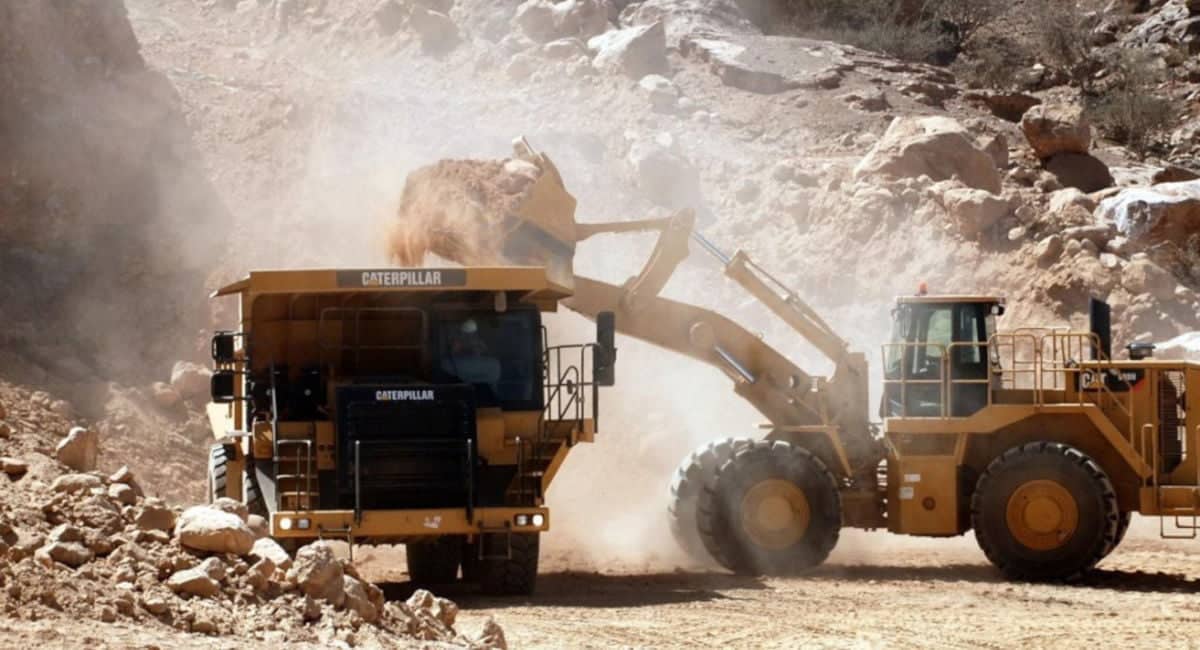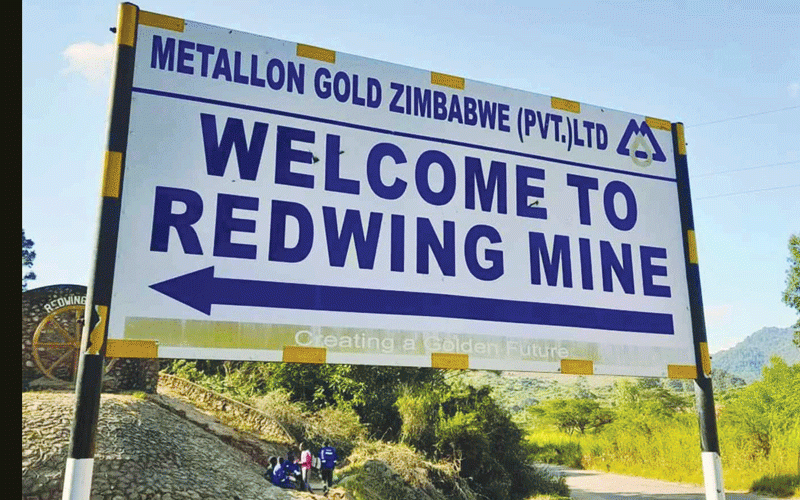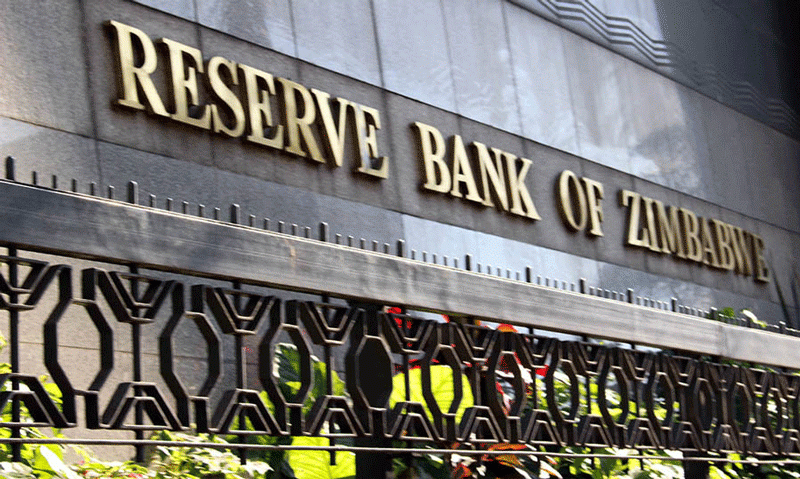
FREEMAN MAKOPA GOVERNMENT says the Mines and Minerals Amendment Bill when enacted will address critical issues affecting miners and bring sanity to the sector.
But the proposed Bill has since drawn criticism from stakeholders over a clause requiring miners to appear before a board for licencing.
The Bill seeks to amend the Mines and Minerals Act (MMA), which was drafted in 1961 and enacted in 1965. The amendment has been in the pipeline for more than 15 years.
Mines and Mining Development deputy minister Polite Kambamura told businessdigest that the old Act had grey areas that needed amendment.
“The Bill is yet to go to parliament before being signed into law. We trust the new Bill will be able to address grey areas that are in the old Act and bring sanity into the sector,” he said.
The Bill isolates other critical stakeholders like the Environmental Management Agency, Rural District Councils, civil society organisations and traditional leadership, which is in violation of Section 13 (4) of the Constitution, which obliges the state to ensure that local communities benefit from resources in their areas.
However, the proposed amendments seek to formulate a Cadastre Registrar (board) so that an individual or company will have to submit an application for an exclusive prospecting licence, attend interviews before the board and if the board deems an individual capable of mining, then the individual would be issued with the licence to explore for any mineral.
If the company or individual fails to satisfy the board, the application will be rejected.
- Chamisa under fire over US$120K donation
- Mavhunga puts DeMbare into Chibuku quarterfinals
- Pension funds bet on Cabora Bassa oilfields
- Councils defy govt fire tender directive
Keep Reading
Last month, Zimbabwe Prospectors Union (ZPU) president Samson Dzingwe said the Mines and Mining Development ministry should consult all stakeholders when crafting the Bill.
He said the current draft Bill omitted the issue of prospectors.
“We want to know how stakeholders will acquire mining rights. The mining cadastre system has a human element that will make decisions on whether to accept or reject mining certificate applications. This human element should be removed and the system must be left to work on its own,” Dzingwe said.
“Mineral disputes are bound to come up with the proposed legislation. The clause on strategic minerals is a vacuum and is ambiguous. It is not clear on what will happen to the people in the areas declared for strategic minerals.
“We need to be consulted so that we know and not live in uncertainty. The history of the people in Chiadzwa and Marange should serve as an example of why clarity on such issues is important, he added.
However, officials from the Mines and Mining Development ministry have insisted that consultations were done during the drafting of the Bill.
The issue of mining title allocation generated heated debate in March last year after the government issued 20 exclusive prospecting orders (EPOs) across the country, giving mining firms the rights to prospect for minerals for the next three years.
An attempt by the government to amend the MMA in 2007 failed to sail through the National Assembly. The draft mineral policy, which was spearheaded by the then Mines minister Obert Mpofu in 2013, was not adopted after it was rejected during consultations.
Kambamura highlighted that there were investments coming into the country especially in the lithium sector but did not disclose the contents of the deals.
“There are several new upcoming investments, especially in the lithium sector. This is testimony that the President’s (Emmerson Mnangagwa) timeous guidance on policy in the sector is now bearing fruit,” he added.











